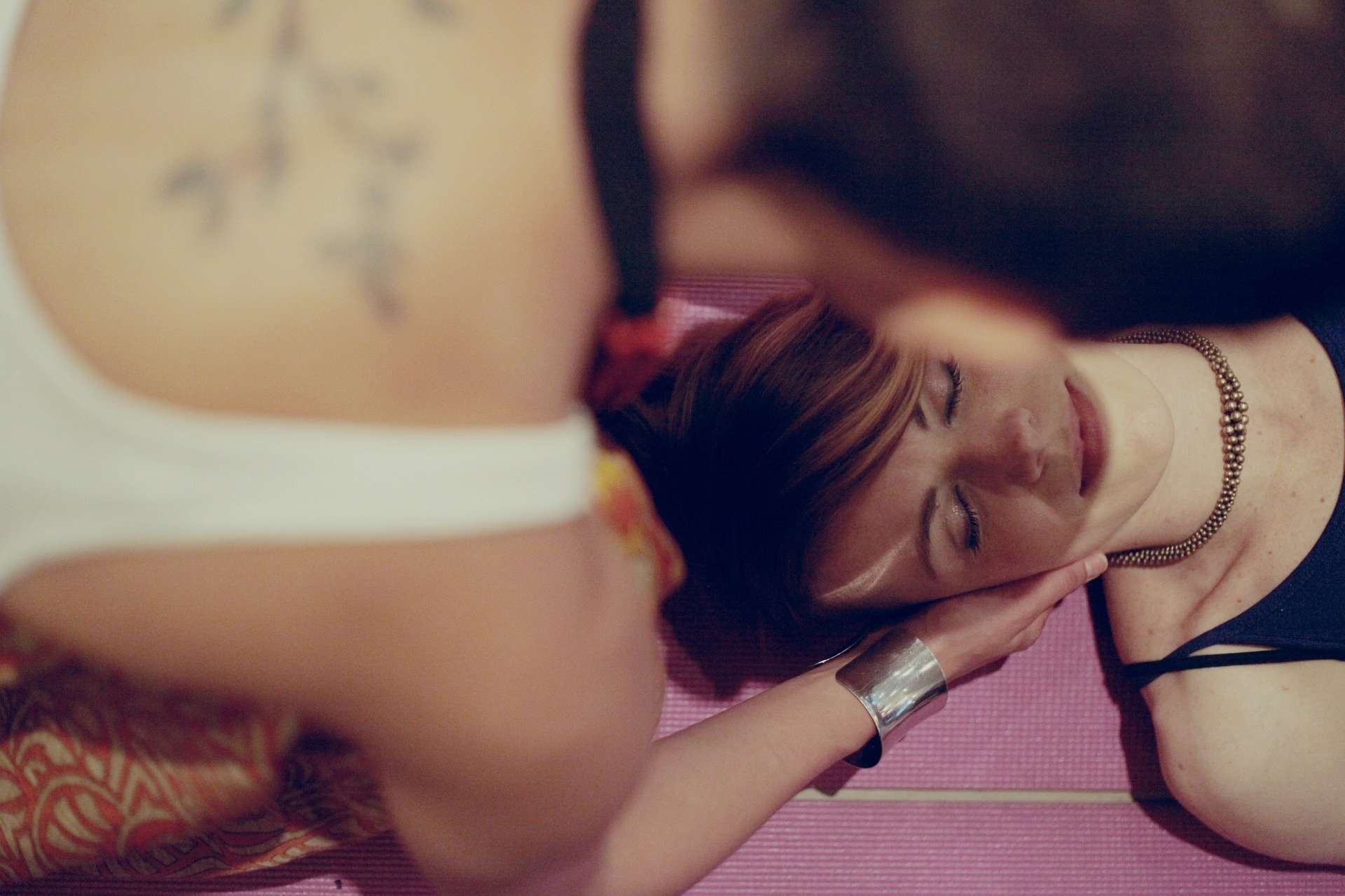
Coping With Emotional Trauma After A Traffic Accident*
The state of the psyche is often treated as an afterthought after surviving an accident. The physical pain, bruises, broken bones, and other injuries are a priority as they require immediate medical attention. However, not all scars are visible to the naked eye.
Even the mildest traffic accident is a shock to our mental wellbeing. After all, how often does it happen that a couple of tons of moving metal hits you? After the physical injuries sustained, have been addressed, it should be remembered that ignoring the effects an accident has on a person mentally is a mistake with lasting consequences.
Strong Feelings
As we have mentioned, emotional and mental shocks are the expected consequences of a traffic accident. Some time needs to pass for them to stabilize. However, more often than not, these feelings overstay their welcome and become stronger as time marches by. Give them more time for growth, and they might influence our future decisions.
If these feelings start dictating our life decisions, the accident, most likely, led to PTSD (post-traumatic stress disorder).
Post-traumatic Stress Disorder
Most people associate PTSD with military veterans who served in the war and to victims of abuse. PTSD does affect these two demographics, but it isn’t exclusive to them. Anyone who has experienced extreme stress can develop the condition. Including traffic accidents survivors.
These are common PTSD signs after car accidents:
- Relieving the event through constant flashbacks and nightmares
- Avoiding activities related to the accident, e.g. avoiding driving, talking about it, or watching anything car related
- Emotional disconnection
- Hyperarousal displayed as exaggerated reactions in everyday situations. This includes lack of sleeping, being easy to irritate, and being easy to startle
It is important to remember that children and adults experience PTSD differently. The most common symptoms with children are:
- Bedwetting
- Refusing or not being able to talk
- Becoming clingy
- Anxiety
Panic attacks and heightened anxiety are common occurrences after an accident. Seeking the help of a psychologist is the best long-term treatment. If you experience an anxiety attack, here are the prescribed activities to help keep it under control:
- Focus on your surroundings, put all your attention to the objects and nature surrounding you
- Mindful breathing, i.e. take slow and deep breathes
Life after the Accident
It’s crucial to get started with any injury and mental healing. Keeping and hoarding emotions will lead to an eruption. For that reason, break the silence and talk with close ones about what you survived.
Some of the people with whom you cannot stop communicating with are your doctor and lawyer. Listen to them and keep them updated about your condition. Begin exercising often, but don’t put injured body parts under immense pressure. Your doctor will tell you which workouts are safe.
Road to Recovery
Traffic accidents are traumatizing experiences. The memories can make the return to routine demanding, but it is crucial to keep on moving forwards and, if needed, seek help. If the emotions are too strong to control them, then the accident might have caused PTSD.
If suspecting PTSD, don’t shut yourself out from your surroundings. Talk with friends, family, and the doctor.




